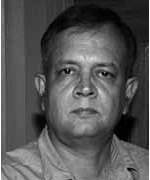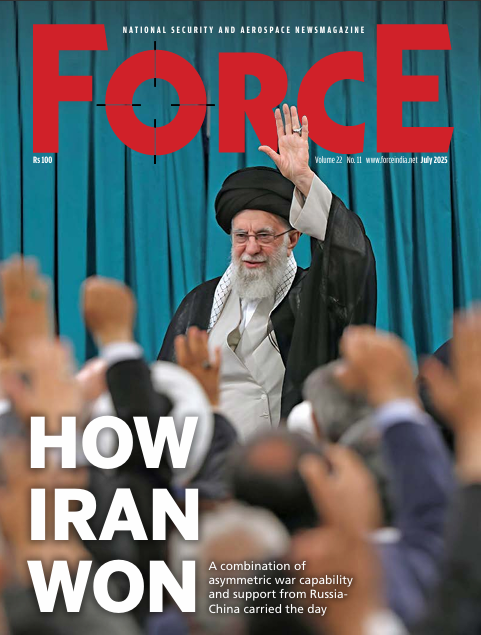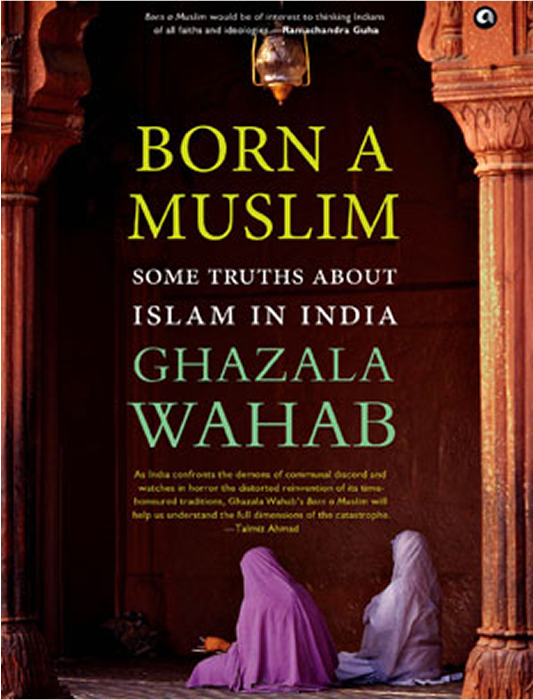Guest Column | Wait’s Got Longer
 Radhavinod Raju
Radhavinod Raju
In the summer of 2010, Kashmir was writhing in protests, arson, shutdown and killings. It started with the killing of three villagers by the army, which had labelled them terrorists, in the Machil sector in North Kashmir. Once it became clear that the three men were innocent villagers, looking for work, protests broke out all across the Valley. State police and CRPF’s action led to more killing of protesters, who resorted to stone pelting. Gradually, stone-pelting peaked, curfews were defied and violence ruled the streets. Some called it Kashmir’s Intifada.
Smelling an opportunity, the Separatists started putting out a protest calendar and people began to observe it. They were giving vent to the so called ‘anger and dissent’ on the streets. The summer unrest of 2010, as it was popularly known, led to killings of more than 100 youth, many in their teens, and hundreds of security forces personnel were critically injured. According to the army and the Indian intelligence agencies, protests and demonstrations were sponsored and funded by Pakistani agencies. To defuse this crisis, Prime Minister Manmohan Singh called an all-party meeting in September 2010 to discuss the issue and work out a strategy.
When the all-party delegation led by Union home minister P. Chidambaram visited Kashmir in September 2010, the home minister had said, “We are here to listen to your views, we will give you a patient hearing, what you think we need to do, in order to bring to the people of Jammu and Kashmir, the hope and the belief that their honour and dignity and their future are secure as part of India...”
Led by Chidambaram, the all-party delegation wanted to find ways to resume the dialogue process with different sections of people in Jammu and Kashmir, and specifically in the Kashmir Valley. The delegation comprised senior political leaders like Bharatiya Janata Party’s Arun Jaitley and Sushma Swaraj, Samajwadi Party’s chief Mulayam Singh Yadav, Communist Party of India Marxist’s Basudeb Acharia, Communist Party of India’s Gurudas Dasgupta and Janata Dal (United) president Sharad Yadav. The feedback from the delegation was expected to form an important input for the Centre to evolve its response to various issues relating to the state.
Though no consensus emerged on key issues in the all-party meet called by the Prime Minister that formed the agenda of the over five-hour-long marathon meeting, political leaders expressed satisfaction with the deliberations. The central government issued an official statement that acknowledged a ‘governance-deficit’ in Jammu and Kashmir. The death toll from the violence in the Kashmir Valley had crossed the 100 mark in the three months preceding the visit of the delegation. Hence, the main concern of the delegation appeared to be restoration of peace.
Though the all-party delegation led to a lot of expectations that a senior political leader would be
Subscribe To Force
Fuel Fearless Journalism with Your Yearly Subscription
SUBSCRIBE NOW
We don’t tell you how to do your job…
But we put the environment in which you do your job in perspective, so that when you step out you do so with the complete picture.








